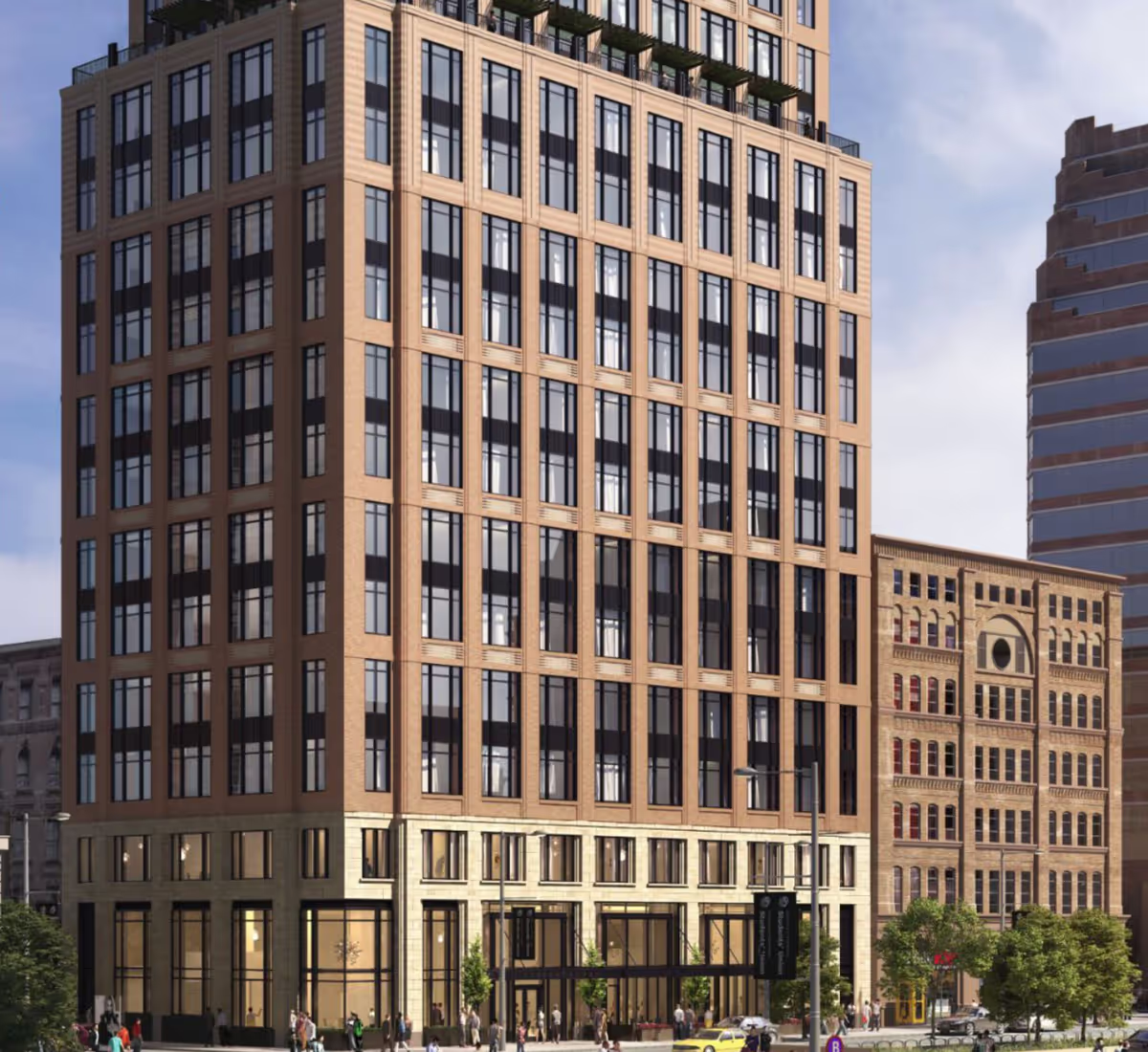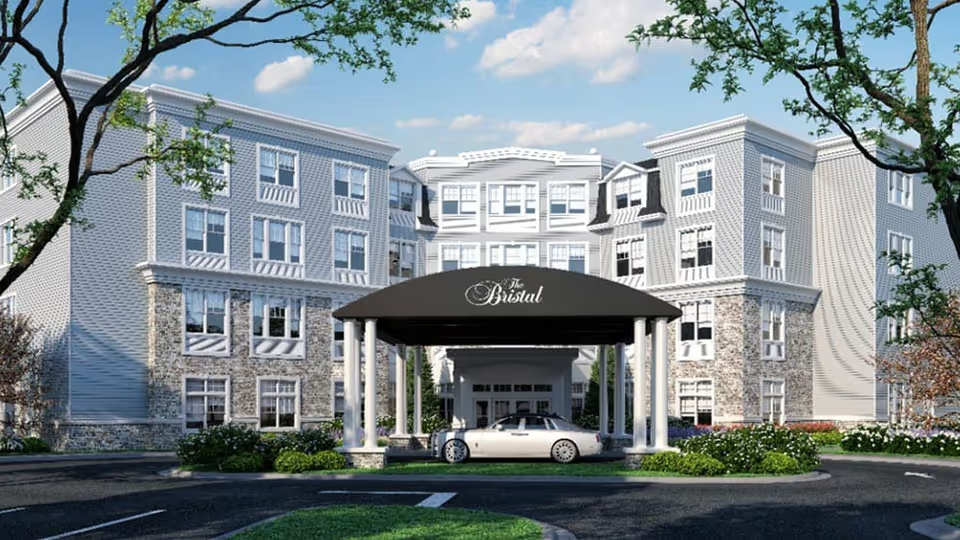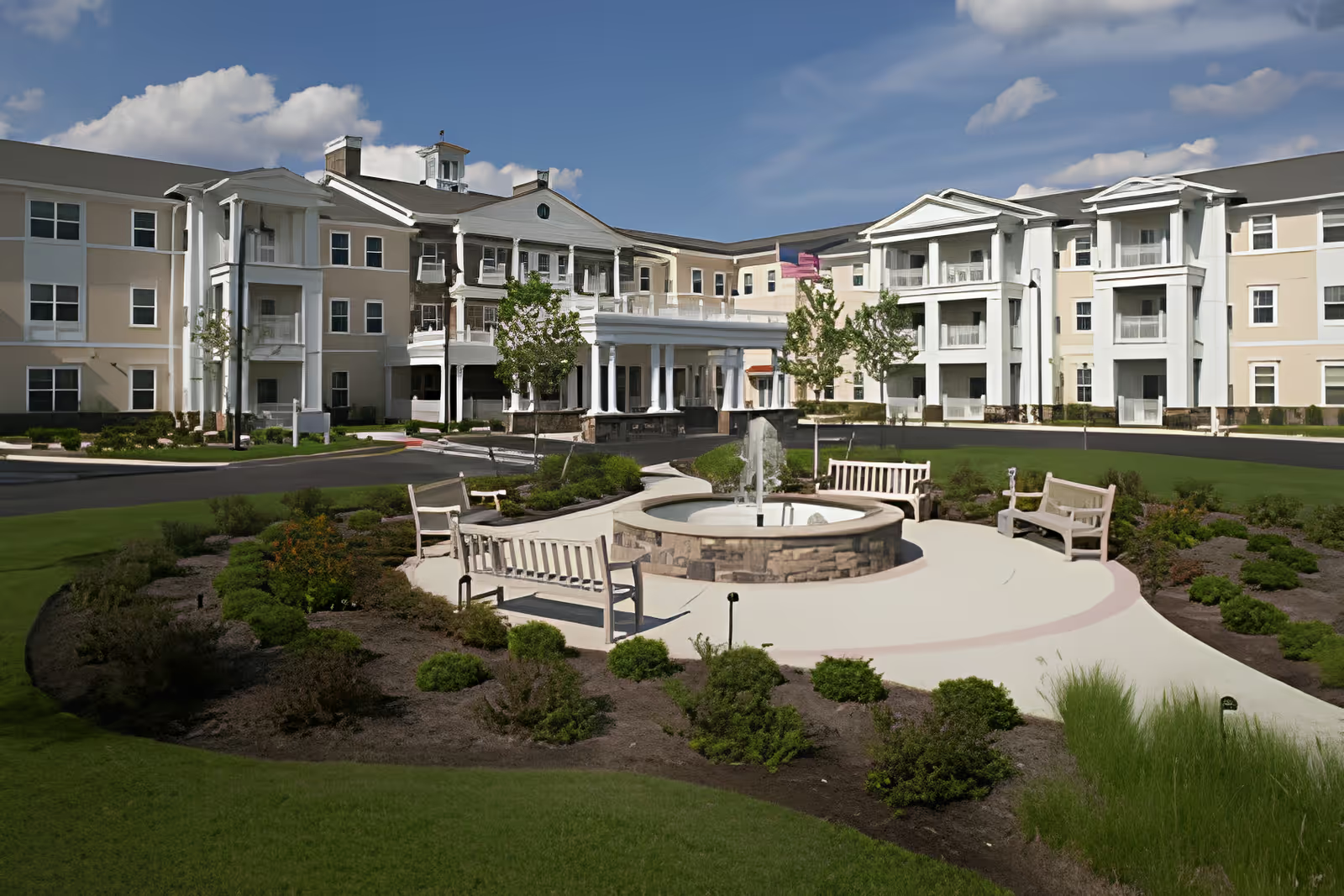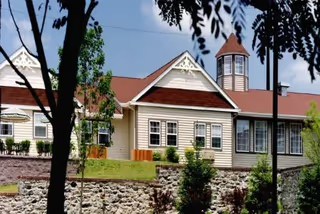Cobble Hill Health Center sits in Brooklyn, New York, and has been serving people since 1976, and it's got 364 beds, though there's usually a waitlist of about a dozen folks hoping to move in. The center helps older adults, the chronically ill, and people recovering from illness or hospital stays, offering both long and short-term care, with everything from independent living to assisted living, memory care, and nursing home services, plus a lot of therapy options like physical, occupational, and speech therapy for people who need rehab. Nurses and certified nursing assistants are always on duty, with someone available for around-the-clock medication support and emergency help, and there's a 24-hour security team along with a call bell in each room for safety. Cobble Hill Health Center is part of the nonprofit Cobble Hill LifeCare system, which aims for a complete circle of care, and is licensed by the state for long-term home health programs, so home care services, including skilled nursing, therapy, and home health aides, are available for those who need to stay at home.
The center offers dining services with menus checked by a dietary nutritionist, and everybody eats together in the dining room, and there's always an effort to tailor meals to special diets. They don't allow residents to keep pets, but the recreation staff bring in animals for visits now and then, and various activities and outings help with quality of life. People also get transportation, depending on insurance, and there's both medical daycare and respite stays for those who just need short-term help.
Communication is a big focus, so residents can share concerns at monthly council meetings, and families receive updates by phone or robo-calls, plus there are ways for folks to speak up about rights or health concerns, with legal resources available for those who need them. Cobble Hill has faced some challenges, including state citations for areas like food safety and creating care plans, and there have been times where equipment shortages affected dialysis and therapy services, but there is an ongoing effort to improve. Average federal ratings show strengths and weaknesses, with a 3-star overall CMS rating, a 2 for health inspections, 3 for staffing, and a strong 5 for quality measures.
Special programs stand out here, including Alzheimer's and dementia care, cardiac rehabilitation, subacute care, palliative care, and wound care, along with support for those needing heart and blood pressure monitoring or medication management, and there are audiology and nutritional services too. The philosophy really seems to center around helping people regain independence, avoid hospital readmissions, and respect each resident's needs, with extra attention from staff who try to make sure people feel heard and looked after as individuals in a place that values complete care.







